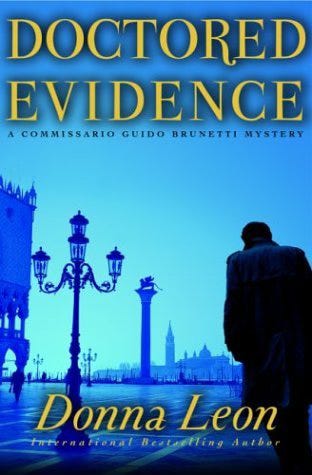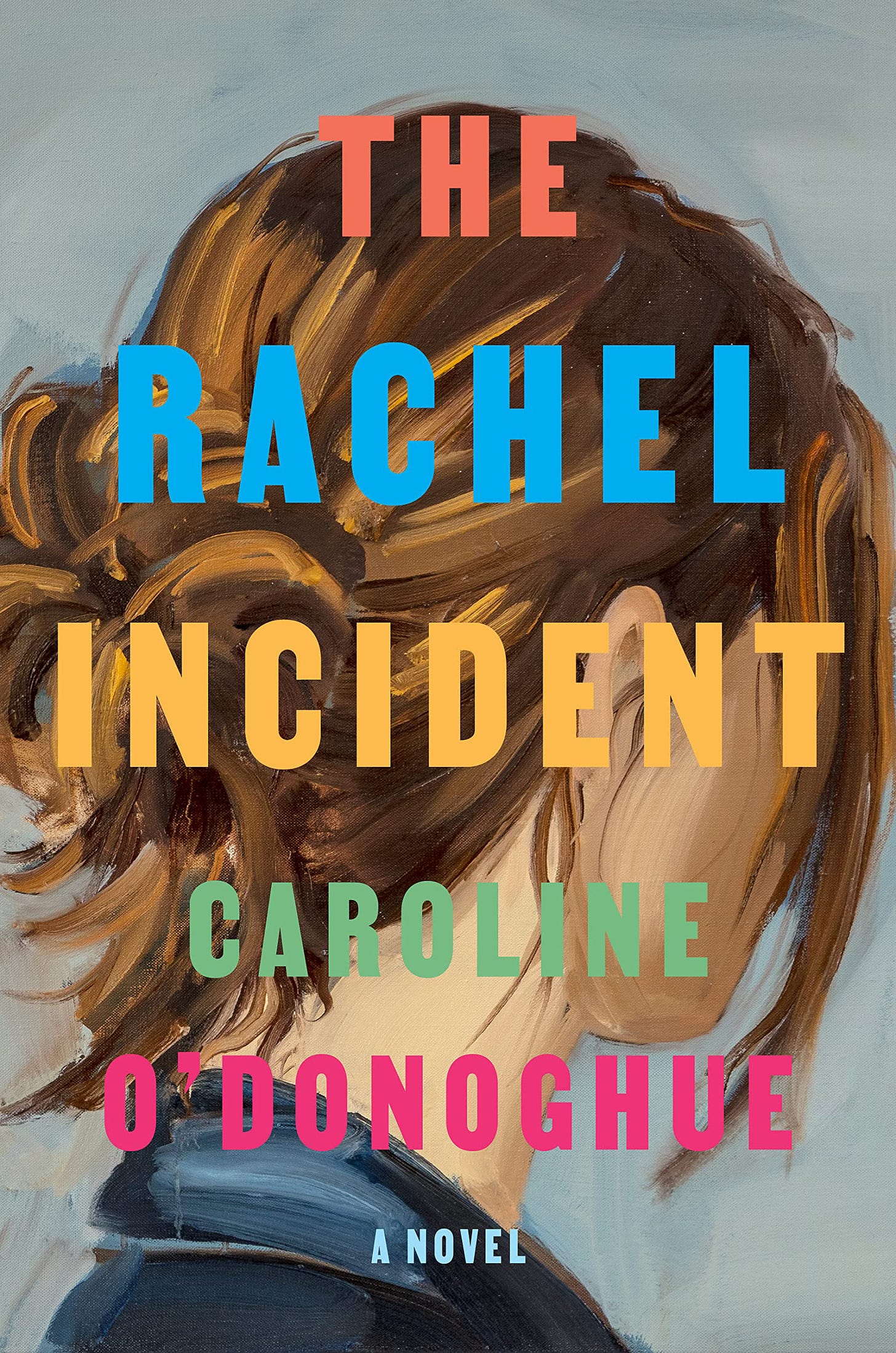My mother has dementia. Her official diagnosis is Alzheimer’s Disease, but I think it’s far more likely that she has vascular dementia. If that distinction is meaningless to you, I feel happy and relieved for you. I hope with all my heart that you never need know any more about dementia than you do right now.
I initially suspected vascular dementia because of the changes to her gait and balance which were the first signs that anything was wrong. Showing up years ago, these symptoms came before any obvious cognitive changes. When I mentioned this to a nurse at her facility, she told me she always thinks of vascular dementia as the “traveling dementia,” since, in her experience, patients’ delusions seem to center on comings and goings. They are in the wrong place, they have to go somewhere, pack a bag, catch a bus. It’s check-out time but they can’t find their luggage. They exist in a permanently unsettled state. This is a very accurate description of my mom.
I used to get frequent calls from my mother. They were hard. The following poem, and the conversation upon which it is based, are from about eighteen months ago. Sometimes these calls happened eight or ten times in one day. Sometimes she thought she was in a train station, stranded without a ticket. Sometimes she thought she had witnessed a crime and needed to contact the police. Other times she thought I was a homicide detective and wondered if I was investigating the murder she had witnessed.
Starting last winter, she can no longer use the phone, so these calls have stopped. Her disease has progressed and we find ourselves in a different place. It’s evidence of further decline, but it’s also less wear and tear - on both of us. I realize in hindsight how much these calls really defined my life for a couple of years. They lived in my chest and in my gut. Every deep breath I tried to take got hung-up on these calls, my stomach clenched around them. The ringing of my phone was an electric jolt through my nervous system. Though they don’t happen anymore, the memory of them still makes me sweat, sends prickles across my shoulders and up my neck.
Now we mostly talk in person, but I can tell my presence is a disruption for her. She wonders why I’m there, how I knew where to find her. She’s often ready for me to leave soon after I arrive because she has to leave soon herself and she has packing to do. She is polite on the surface but clearly perplexed and a little inconvenienced by my visit. I’ll keep going, of course. But, more and more, I see that this journey of hers is a solitary one. I can’t keep her company because I’m not real to her anymore, not at my current age, not in my current role as caretaker. I suppose I do what I do for me, so I can sleep at night. So I can sleep when she’s gone.
A note on form: The structure of this poem is based on a form called a pantoum. It’s a Malaysian form adapted by French poets and is comprised of quatrains. The second and fourth lines of the first stanza become the first and third lines of the next stanza, and so on, for as long as you care to go on. I found the form to be very fitting for the topic, with all the repetition and a circular structure.
On Bad Days
She’s not sure where she is and
she has no money and she can’t get home
I tell her it’s okay, you’re where you’re meant to be
There’s a bed, she says, where I can sleep
But tomorrow I must go home. Is there money
to hire a car? Can you come and take me home?
There are cats sleeping on the bed, she says, but
they are not my cats. Really? What color are they? I ask
You’ll have to come and take me home. But how will you know
where I am? Mom, I know exactly where you are, I say
What color are the cats sleeping on the bed? I ask. One is
white she says and… Is the other one black, Mom?
I don’t know where I am, she says, but I guess they are my cats
Are you standing near your chair? I ask. What chair?
The red chair, across from the blue sofa, I say
I have no money, she says. You don’t need any money, Mom.
Why don’t you sit down in your chair, Mom,
and we can keep talking. What chair? she asks. The red one
we gave you. I have no food, she says. That’s okay, Mom, you eat
in the dining room. What dining room? The one downstairs, I say
But I don’t know how to get there, she says. Are you sitting down, Mom?
No, she says. Can you sit down? Yes, she says
Great, I say. But how will I get any food? she asks
They’ll come and take you down in your wheelchair
Are you sitting down, Mom? I ask. Who will come and take me?
The staff, Mom, the nurses. But I’m not at home, she says
I’ve gone away somewhere. They can’t take me down to dinner
It’s okay, Mom, the nurse’s station is right across the hall
No, no it isn’t, she says. I’m not at home and I won’t get any food
Mom, I promise everything is alright. I don’t think that’s true, she says
The nurses are right there, Mom. I promise
I just don’t understand, she says. I don’t know where I am
But I know exactly where you are, Mom. I just don’t know, she says
You’re in your apartment with your cats, I say
I don’t understand, if that’s true… How can that be true?
Are you sitting down now, Mom? I ask. Yes, yes I am, she says
Great, let’s look around your apartment. Do you see the blue sofa
across the room? Yes, I do, she says. And above it on the wall
do you see the Wyeth print you love? Yes, yes, it’s here, she says
Good, and next to the sofa, do you see your bureau?
The one that was Grammy’s? I ask. Yes, yes I do, across the room.
Good. Does your Christmas cactus still have blossoms? What did
you say about Wyeth? she asks. The print, Mom, of the horse and plow.
Oh, yes, I remember that one. It hung above the bed.
Are there still blossoms on the cactus, Mom?
Yes, there are, a few, she says. On mine, too, I tell her
Okay then, next is your bed. Are the cats still sleeping there?
Yes, they are, she says. Well, it sounds like you’re home, doesn’t it?
I’m sorry about all this, she says. Me, too, I tell her
But I have no food or money, she says.
I’ve already paid for your meals, Mom. You’re home
You’re safe, I say. Alright, what should I do? she asks
It’ll be dinner time soon, I say. And I won’t have to pay?
Because I don’t have any money, she says. It’s all paid for. Just sleep
for a while. You’re safe, and you don’t have to do a thing
We hang up and the phone rings again a few minutes later.
She’s just woken up and she doesn’t have any food or money
She’s not sure where she is or how to get home.
There’s a bed, she says, where I can sleep.
I tell her it’s okay, you’re where you’re meant to be.
I was very moved when I stumbled upon Fatherhood, One Meter Tall Little Men, And Dementia by
. There is so much familiarity in other peoples’ stories about family members with dementia, and yet each experience is as unique as the individuals involved. It helps to put these stories out there, I think. They get a bit lighter when other hands help to hold them.What I’m Reading
I finished Doctored Evidence, book 13 in Donna Leon’s Commissario Brunetti series, a mystery series set in Venice. I’d lost track the series a while and once I started reading again I felt foolish for putting them aside for so long. I’d forgotten how much I enjoy them.
I just started The Rachel Incident, by Caroline O’Donoghue. I requested it ages ago and it finally turned up on the hold shelf at the library. So far it’s a real treat.
I loved this poem, “All That I Have” by Chris Anderson on Rattle.
Today I filled a bin with books we were all ready to let go of and I drove around the neighborhood and dropped them off in the Little Free Libraries that pepper the streets around here. It felt great, like I was planting seeds for my neighbors.
Happy New Year, Everyone! Thanks for reading.







I am, sadly, in your same boat of knowing more than I ever wanted to know about dementia. I absolutely agree that putting these stories out there is essential, and I really appreciate your doing it. Your poem made me cry, because I feel like you were writing my family's story, too.
I lost my father to the very slow decline that is dementia two years ago. What an awful disease. Please know I am wrapping you in my arms (mentally) and sending so much love to you AND your mother. May you both find peaceful moments in your every day.